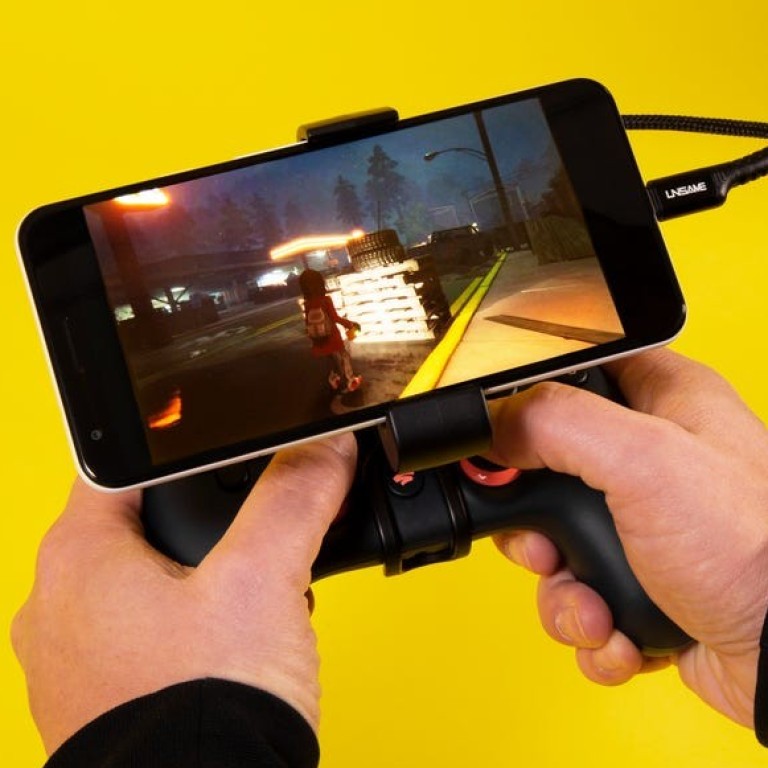No more upgrading: will iPhone, Samsung and other smartphones become more like Google’s Stadia game-streaming service?

Apps will run from massively powerful computers in the cloud, and they’ll be streamed over fast and lag-free 5G networks
In the future, you will not need to upgrade your phone as often because it’ll never get too old or too slow to run your favourite apps.
That’s because apps will not have to be “bound by the processing power on your phone”, Qualcomm president Cristiano Amon told Business Insider. Instead, apps will run from massively powerful computers in the cloud, and they’ll be streamed from the cloud over fast and lag-free 5G networks.
Indeed, the smartphone of the future will not need to be powerful any more, and it will not become obsolete as quickly; it’ll essentially become a slab of glass screen with battery attached to it, ready to stream our apps.
And our apps will be running and streaming from cloud computers that will always be updated, and will never become obsolete.
If not all the apps will be streamed over the cloud, apps that Amon calls “super apps” will. So far, we’re not sure what kinds of things “super apps” can do, but here’s one way to think about it: popular apps such as Instagram and TikTok would have been considered “super apps” back when the first smartphones were released.

The concept is almost identical to Google’s Stadia game-streaming service, where power-hungry games run from Google’s cloud computers, and the visuals are streamed over the internet to a device such as a Chromecast connected to a television, a laptop or a smartphone – the same way we watch a YouTube or Netflix video today.
Amon said “it’s not a coincidence” Google released its Stadia game streaming service at the same time 5G networks are becoming more widely available (albeit slowly).
5G networks promise faster data speeds and snappier performance than the 4G LTE networks we’ve been using since 2011. According to some of the 5G examples we’ve seen, it should essentially perform as well as your home’s Wi-fi network, if not faster.
Still, we need to give 5G and technology a chance to expand and advance before our smartphones become pieces of glass and batteries that stream apps – we’re nowhere near the point where we can rely on 5G right now.